Screen Irrigation Filter | 120 Mesh
₦37,000.00
Screen Irrigation Filter uses a physical barrier, typically a stainless steel or plastic mesh screen, to capture and remove particles from the water. These filters are commonly used in agricultural, landscape, and industrial applications to protect irrigation equipment and maintain system efficiency.
Screen Irrigation Filter are essential components in irrigation systems, designed to remove debris and particles from water to prevent clogging and ensure efficient operation of drip, sprinkler, and other irrigation systems.
Components and Design of Screen Irrigation Filter
- Filter Housing: The outer casing that holds the filter screen.
- Screen Element: A cylindrical or conical mesh screen inside the housing that traps particles as water passes through.
- End Caps and Seals: Components that secure the screen in place and ensure a leak-free assembly.
- Inlet and Outlet Ports: Connections for the water supply and the filtered water output.
- Flush Valve: Some filters come with a flush valve to easily clean the screen without disassembly.
How It Works
- Water Inflow: Water enters the filter housing through the inlet port.
- Filtration: As water passes through the screen element, particles larger than the screen’s mesh size are trapped on the surface.
- Clean Water Outflow: Filtered water exits through the outlet port, free of the trapped particles.
- Cleaning: The screen can be easily removed, cleaned, and reassembled, or cleaned in place using a flush valve.
Specifications of Screen Irrigation Filter
- Mesh Size: The size of the openings in the screen, typically measured in microns or mesh (e.g., 120 mesh, 200 microns).
- Flow Rate: Depends on the filter size and design, typically ranging from a few gallons per minute (GPM) to several hundred GPM.
- Pressure Rating: Usually rated for pressures up to 100 psi or more, depending on the filter’s construction.
Applications
- Agricultural Irrigation: Protects drip, sprinkler, and micro-irrigation systems from clogging by filtering out sand, silt, and other particles.
- Landscape Irrigation: Ensures clean water supply for lawns, gardens, and parks.
- Industrial Water Treatment: Filters cooling water, process water, and other industrial fluids.
- Municipal Water Systems: Provides clean water by removing particulate contaminants.
Advantages
- High Filtration Efficiency: Effectively removes particles, ensuring clean water for various applications.
- Easy Maintenance: Screens can be easily removed, cleaned, and reassembled.
- Durability: Made from robust materials that withstand harsh environments and high pressures.
- Cost-Effective: Provides long-term filtration with minimal maintenance costs.
Maintenance Tips
- Regular Cleaning: Periodically disassemble the filter and clean the screen to prevent clogging and maintain flow rates.
- Inspection: Check for any wear or damage to the screen and seals and replace them if necessary.
- Flush Valve Use: If equipped, use the flush valve to clean the screen without disassembly.
- Storage: If not in use for an extended period, clean and dry the filter before storage to prevent microbial growth and material degradation.
Installation and Operation
- Connection: Attach the inlet and outlet ports to the water supply and delivery systems, ensuring secure connections to prevent leaks.
- Operation: Open the water supply and monitor the filter’s performance. Check for any leaks or unusual pressure drops.
- Cleaning: Follow the manufacturer’s guidelines for cleaning frequency and procedures.
Additional information
| Weight | 15 kg |
|---|

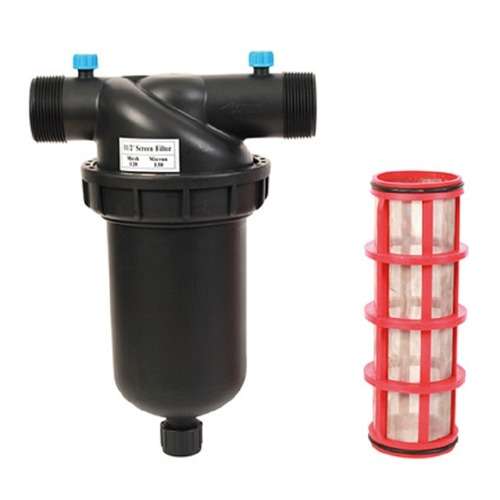
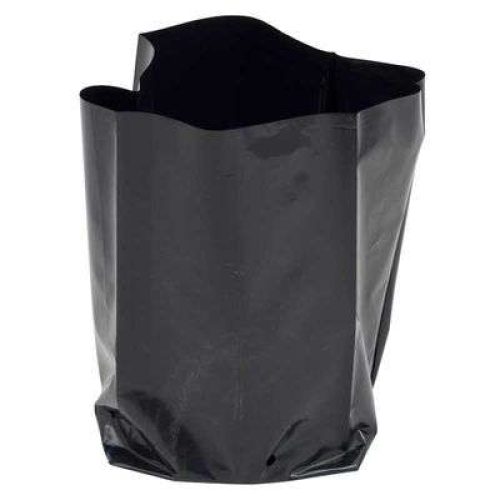
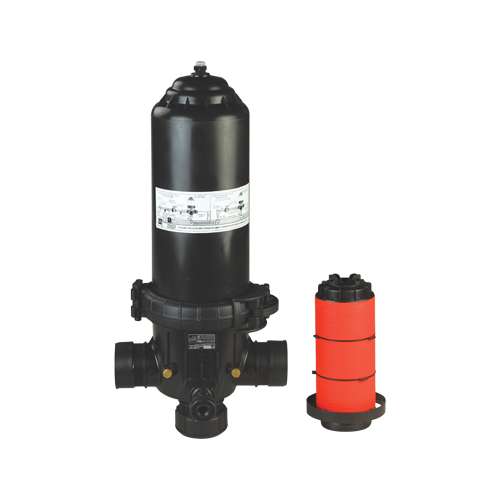

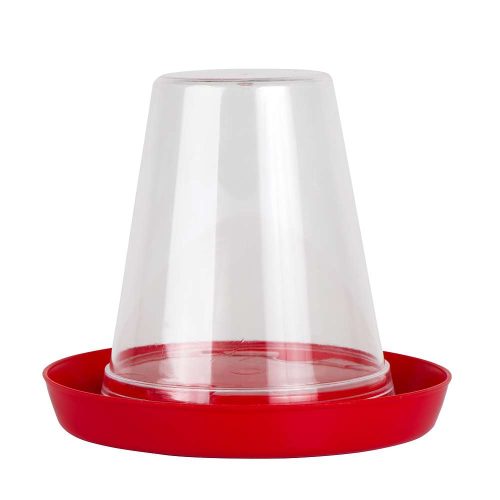
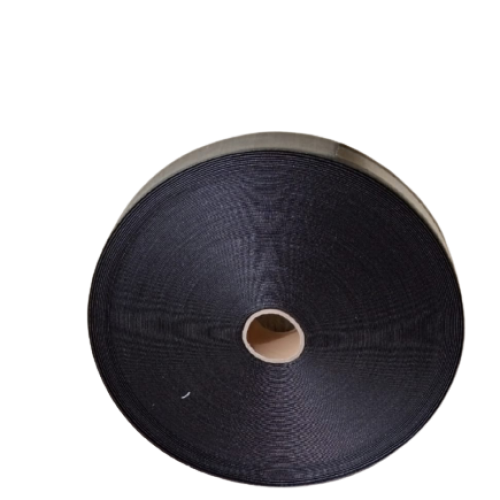

Reviews
There are no reviews yet.